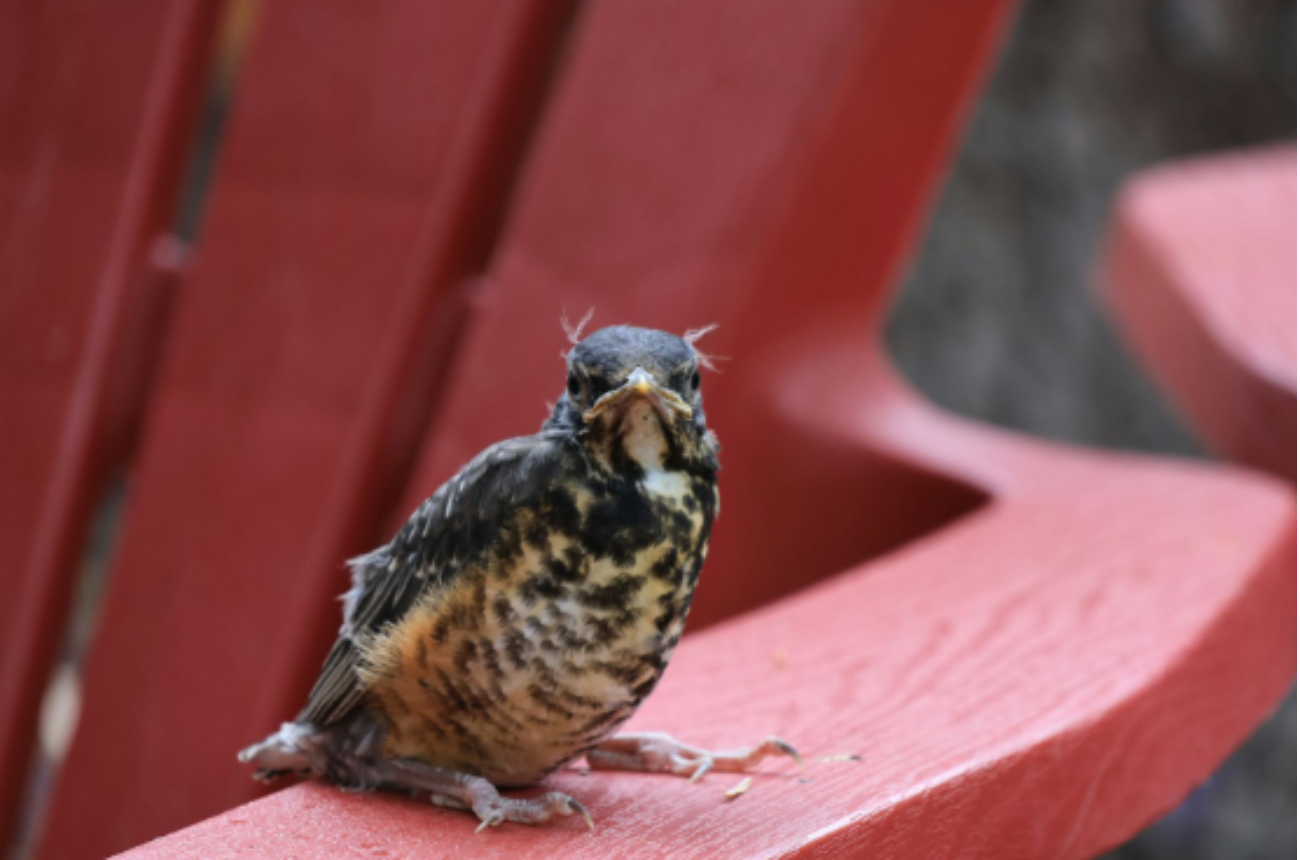Reflections
Am I Safe?

I was rushing. We were late for the first day of missionary training. A great beginning for what was to be a summer of information chugged at the end of a waterhose. Because we’d missed the alarm, I decided to skip a shower and race to our daughter's bedroom in our temporary housing to get her up and dressed. I hurriedly pushed all of her belongings into her suitcase and then ran back to gather myself up. Jimm, who needs a shower to begin any day, was trying to make it quick. We were in a panic. No time to eat. I began carrying our belongings to the car, my pulse was racing, and I was sweating. Suddenly, I heard a piercing wail coming from the back stairs. My blood ran cold.
It was my daughter. I ran to the bottom of the stairs and saw her 3-year-old form holding her stuffed horse, rocking back and forth. Tears were streaming down her cheeks.
“Where is my home?!” she cried, despair pouring out of her.
I moved to where I could hold her. Now both of us were crying. Her heart was breaking, and now mine was too.
It’s a deep soul question that we carry with us. In our daughter that morning, we saw the innate longing for security and permanence. Even those of us who love adventure and travel ask at some level, Am I safe? With every wail, she voiced what we all want to know. Am I safe here in this place, or is there a place I can go to where I will be safe? It begs another question, I think. If we’re all feeling this way at our core, how can we help each other feel safe as we walk through life?
On the first night of the launch of every new cohort with the Soul Care Institute, we take the time to address this question right away. Am I safe? Typically, I am standing before a group of people assembled who don’t know each other. They are a mix of folks coming from different ideologies, theologies, formations, families, and geographies. In any other circumstance, they would not be together. Yet, here they are. Many are nervous because it’s all so new and strange. So we begin to try to develop safety within the space. We ask the question, What will it take for you to feel safe here? There is silence at first, and then a person will raise their hand tentatively to speak.
“Safety for me means that you don't try to fix me.” Others in the room nod affirmatively. We write that statement on the whiteboard. Another voice is heard, “Can we not have any political debates here?” That comment gets some confident head shaking and murmurs of yes, please.
We write it down. Soon, the suggestions are coming rapid-fire, and we have to ask people to slow down so we can get it all on the whiteboard. At the end of a half hour, we’ve written a rough draft of what becomes that cohort's community covenant (or commitment) for the next 2 years. In one stint of time, the space that was a short while ago unsafe to most of them is now a place where they can begin to let their shoulders down and relax their jaws. We start hearing more chatter and seeing more smiles. People begin to interact with each other in a more known way, with respect and even admiration.
That's what happens in our cohorts. What about normal life? How do we commit to being in life with others as safety in a dangerous world? How do we become a safe space for others? I suggest it begins by slowing down, becoming present to where you are and those you are with, and listening. Listening just to appreciate who is with you and not to respond with an equal or better story. That provides safety for someone. Silence helps. Just sitting next to someone as they breathe their way out of an anxiety attack without trying to fix them. That’s being a safe person. Laughing at a child’s made-up joke, standing so someone can have a seat on public transportation, holding a door for someone who’s moving slowly and indicating they don’t have to hurry, asking how was your day and then really listening as your spouse shares, and asking permission before giving someone a hug or a handshake. These, and more, are all ways to practice being a safe person and providing a safe space.
Our daughter grew up moving back and forth internationally with us. After that very rough start, she helped us learn how to look for safe places and safe people to meet our soul’s deep needs. Thanks be to God, we found them in every new place.
Related Items
Support the ministry
Your contribution is transformative in the journey of soul care, guiding individuals towards authentic encounters with God and themselves.


.png)

